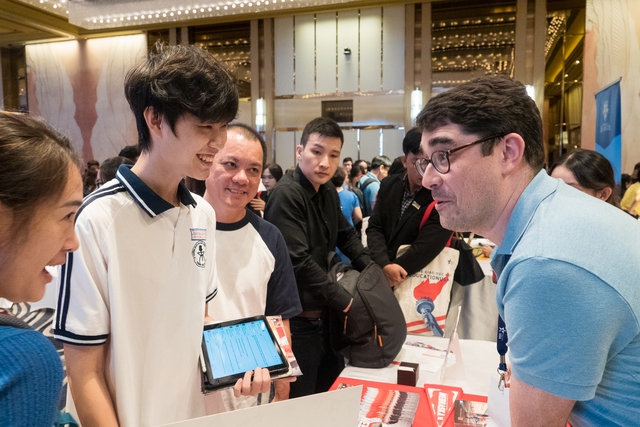
Parents and students talk with school representatives about opportunities to study in the US at an event held in 2024.
PHOTO: NGOC LONG
Multi-level support for international students
Speaking to Thanh Nien on the sidelines of a recent meeting with admitted students in Ho Chi Minh City, Professor Elizabeth Watkins, President and Executive Vice President of the University of California at Riverside (UCR), said that the school’s funding sources are diverse, ranging from the federal government, state government, and businesses. Currently, there are no cuts or obstacles, so the school continues to conduct research and recruit international students as usual.
“We don’t see any major changes at this point. The school is also very proactive in expanding, especially increasing the number of California students and international students,” Ms. Watkins emphasized.
In contrast to the welcome from universities, in recent weeks, the US media has continuously reported that many international students in this country have had their visas revoked for various reasons. According to Professor and Doctor Watkins, this is also an issue that many American university leaders are concerned about, but she believes that "inappropriate policies will be challenged in court".
Another reason why Vietnamese students do not need to worry is that American universities often have departments or staff dedicated to supporting foreigners, according to Professor Marko Princevac, Vice President for International Affairs at UCR. For example, at UCR, the immigration office will support students from the interview process for student visas, then ensure that they always maintain legal status while studying in the land of the stars and stripes.
The school will also accompany international students throughout the process of applying for practical training (CPT) and optional practical training (OPT), according to the male professor. "International students have special needs, and we are always ready to support," Mr. Princevac shared.
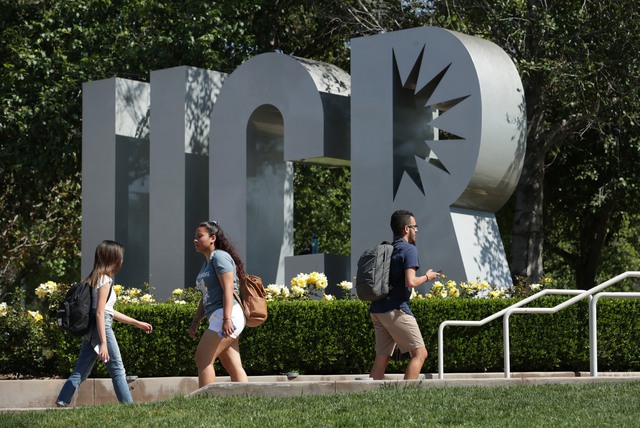
Students in the US
PHOTO: UC RIVERSIDE
"Another important thing is to make sure international students are connected to their faculty and dormitories so they know who to turn to when they need to. That's how we create the safest feeling for them. The most important thing for students is still the people they interact with every day," said Professor Elizabeth Watkins.
Limit posting "controversial" content
Mr. Huynh Hieu Thuan, Head of Admissions at Keiser University Vietnam (KUV), said that so far, the school has "not been much affected" by recent policy changes. As a school with its main campus in Florida but an international training center in Vietnam, Mr. Thuan said that this special model is the factor that has made many students and parents turn their attention to his unit in the current context.
"Because, after studying for two years in Vietnam, you can transfer to the main campus or any other university in the US and still have your credits recognized," Mr. Thuan shared. This helps students be better prepared in terms of English proficiency as well as study plans in the US, reducing the risk of being denied a US student visa as well as improving their ability to integrate when they arrive in this country.
Meanwhile, Ms. Le Phuong Uyen, Head of University Cooperation at KUV, advised Vietnamese students to limit posting "controversial" content before and after arriving in the US, especially during the current period. In addition, applicants for student visas also need to carefully prepare their study plan and study roadmap from arriving in the US to after graduation... at least 6 months in advance to increase the possibility of being granted a visa, according to Ms. Uyen.
The picture of studying abroad in the US is currently changing. With many students having their visas revoked, some US universities advise international students and lecturers, even if they have green cards, to avoid leaving the US. A number of US universities have also stopped recruiting lecturers and cut PhD admissions while waiting for news on federal funding, especially when the US government is expressing its intention to cut or temporarily withhold funding for some leading universities.
The freeze on funding for a series of scholarships and exchange programs or the possibility of an entry ban on 43 countries has also made many international students hesitant to choose the US. According to the latest research results from StudyPortals (Netherlands), from the beginning of January to the beginning of March 2025, the number of people interested in studying for a master's or doctorate in the US has decreased by 42%, in which the sharpest decrease rate belongs to the group of students from Iran, Bangladesh, India...
On the other hand, US Secretary of State Marco Rubio a few weeks ago ordered consular officers to refer some student and exchange visitor visa applications to the “fraud unit” at the embassy or consulate for “mandatory social media checks”, The New York Times quoted two US officials as saying. If there is “hostility towards American citizens or American culture” on social media, the applicant could be denied a visa.
According to statistics from the US Immigration and Customs Enforcement (ICE), in 2023, there were 31,310 Vietnamese studying in the US, ranking 6th in the number of international students. This is the first time the number of Vietnamese studying in the US has reached more than 30,000 after 2 years below 30,000. However, if we consider the number of students in schools from kindergarten to high school, Vietnam is the 5th largest with 3,187 people, behind China, South Korea, Mexico and Spain.
Source: https://thanhnien.vn/du-hoc-my-thoi-diem-nay-lanh-dao-dh-my-khuyen-dieu-gi-185250411153315646.htm




![[Photo] Discover the beautiful scenery of Wulingyuan in Zhangjiajie, China](https://vphoto.vietnam.vn/thumb/1200x675/vietnam/resource/IMAGE/2025/5/11/1207318fb0b0467fb0f5ea4869da5517)
![[Photo] National Assembly Chairman works with leaders of Can Tho city, Hau Giang and Soc Trang provinces](https://vphoto.vietnam.vn/thumb/1200x675/vietnam/resource/IMAGE/2025/5/11/c40b0aead4bd43c8ba1f48d2de40720e)
![[Photo] Prime Minister Pham Minh Chinh chairs the fourth meeting of the Steering Committee for Eliminating Temporary and Dilapidated Houses](https://vphoto.vietnam.vn/thumb/1200x675/vietnam/resource/IMAGE/2025/5/11/e64c18fd03984747ba213053c9bf5c5a)
![[Photo] The moment Harry Kane lifted the Bundesliga trophy for the first time](https://vphoto.vietnam.vn/thumb/1200x675/vietnam/resource/IMAGE/2025/5/11/68e4a433c079457b9e84dd4b9fa694fe)
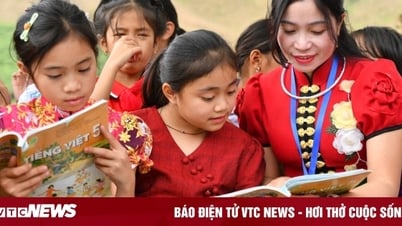
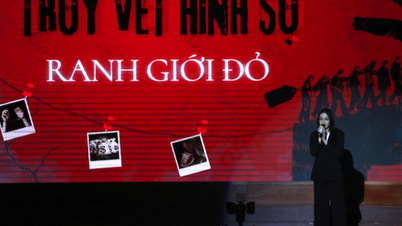
![[Video] Vietnamese primary school students are among the top in Southeast Asia in Math, Reading and Writing](https://vphoto.vietnam.vn/thumb/402x226/vietnam/resource/IMAGE/2025/5/11/12fcdc611db44eeaaa1559054e4c8e9a)
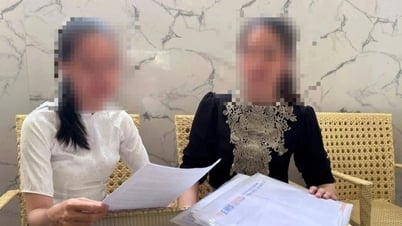
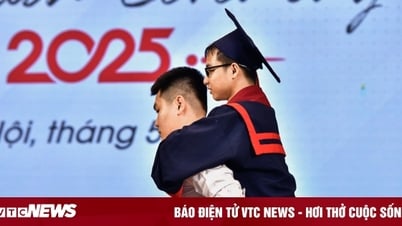
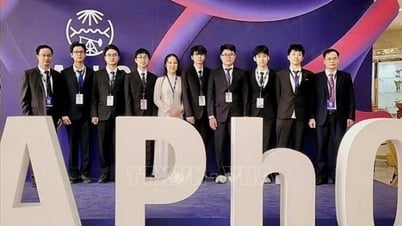









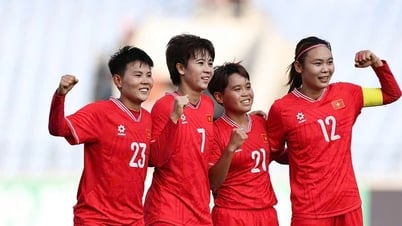



















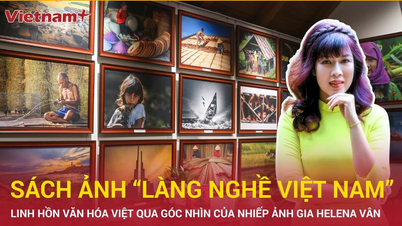













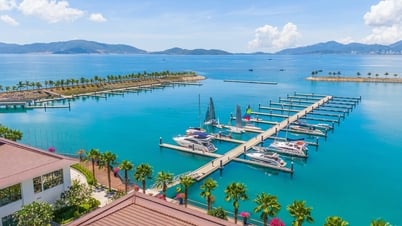


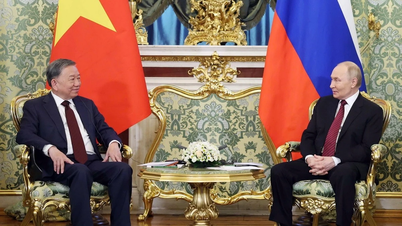











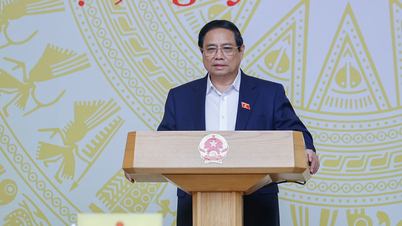
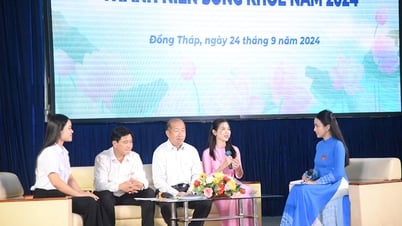

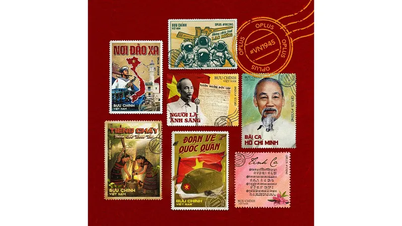

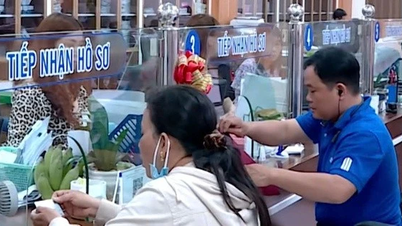

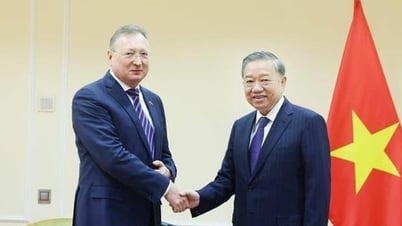










Comment (0)